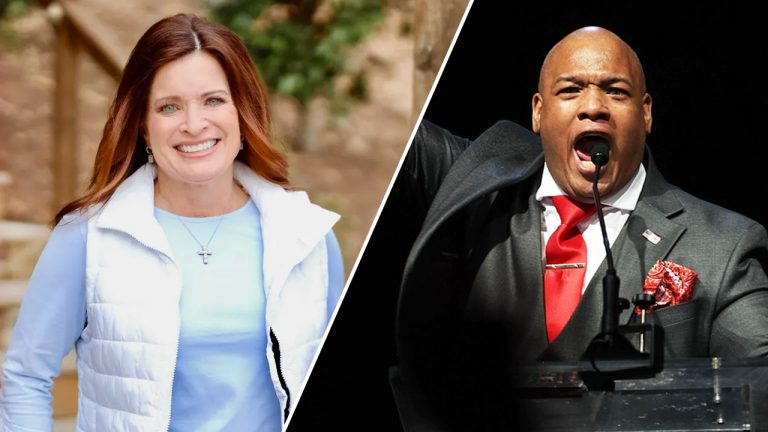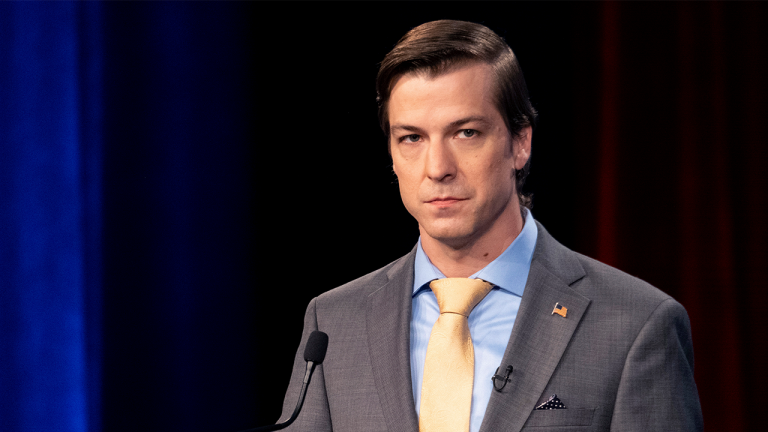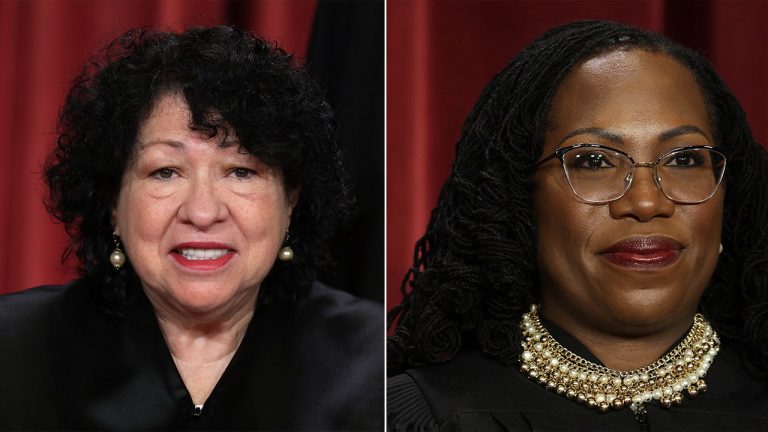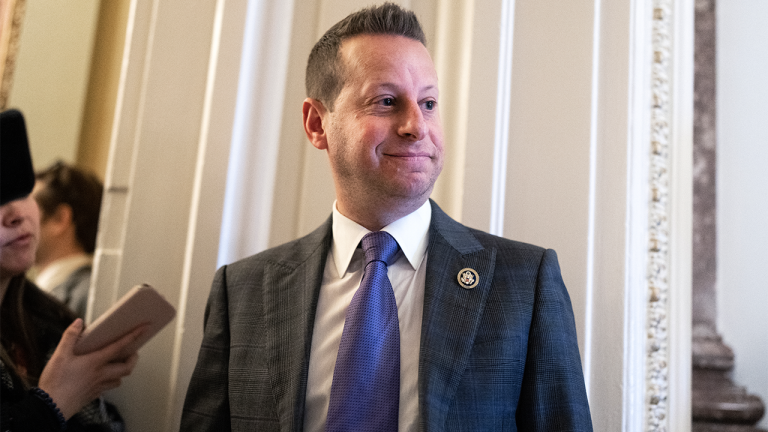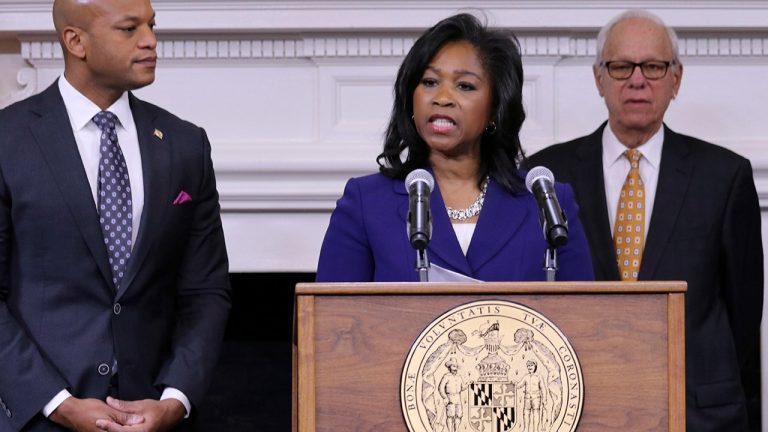Nevada Democrats sue to prevent RFK Jr. and Green Party from being on November ballot.
The Nevada Democratic Party is ramping up efforts to disqualify independent presidential candidate Robert F. Kennedy, Jr. and the Green Party ticket from appearing on the ballot in the upcoming November election. This move has drawn criticism and scrutiny from both the Biden camp and former President Trump.
It appears that Democrats are still reeling from the impact of Green Party presidential nominee Jill Stein’s votes in the 2016 election, which reportedly accounted for more than Hillary Clinton’s losing margin in three swing states. This historical context adds layers to the current legal battles surrounding ballot access in Nevada.
Earlier this week, Nevada Secretary of State Cisco Aguilar confirmed that the Green Party had gathered enough signatures to secure a spot on the ballot. This news was reminiscent of 2016 when Jill Stein was the party’s nominee, but in 2020, they have chosen self-described “ecosocialist” Howie Hawkins III to lead their ticket.
However, the Nevada Democratic Party swiftly filed a lawsuit challenging the validity of the collected signatures, arguing that a significant number of them were invalid. This legal maneuver brings into question whether the Green Party truly met the required threshold of approximately 10,000 validated signatures.
Secretary of State Aguilar disclosed that the Green Party had indeed submitted 15,000 valid signatures, yet the party claimed to have turned in nearly 30,000 signatures in total. This discrepancy led the Nevada Democrats to request a review and subsequently file the lawsuit opposing the ballot inclusion of the Green Party.
Accusations have also been hurled at Robert F. Kennedy, Jr., with the Nevada Democrats arguing that he is ineligible to run as an Independent presidential candidate due to his varied political party registrations across different states. Kennedy, a registered Democrat in New York, is running under different party lines, including his own We The People Party in some states and the Reform Party in Florida.
The Democrats have contended that Nevada state law mandates political neutral registration for Independent candidates like Kennedy. They have taken a firm stance that Kennedy has not met the state’s requirements for ballot access, as he is registered with disparate political parties in other states.
In response to these legal challenges, a spokesperson for Kennedy’s campaign highlighted concerns about constitutional rights being violated. The campaign previously sued Secretary of State Aguilar’s office over a policy requiring third-party candidates to name a running mate before gathering petition signatures, deeming it as unconstitutional.
Secretary Aguilar defended Nevada’s history of respecting third-party candidates and emphasized the importance of upholding the law. While the legal battles intensify, the underlying narrative of voter suppression and access to the ballot remains at the forefront of this political turmoil.
As the November election approaches, the landscape of the ballot in Nevada continues to evolve amidst allegations, legal battles, and competing political interests. The quest for fair and equitable representation is in the spotlight, shaping the narrative of the upcoming presidential race.



